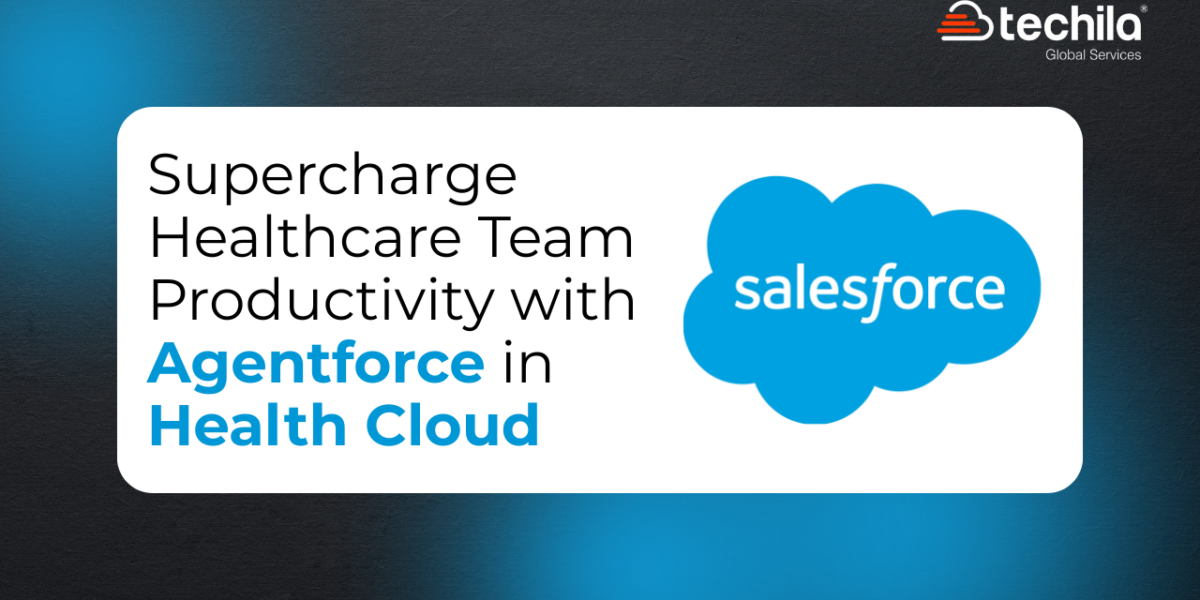Cloud-based services and platforms have seen a significant rise over the last few years and more and more businesses are switching to digitized processes. Legacy data and platforms are no longer relevant for staying in sync with the ongoing trends and technologies in the industry. In the realm of cloud-based services, Salesforce and Workday are both major players that have helped organizations operating at all scales streamline their business processes. In order to make the right choice, it is important to look into Workday vs Salesforce in detail.
Both Salesforce and Workday provide users with flexible, scalable, and personalized services based on the specific needs and preferences of the organizations they work in. They leverage process automation and seamless data management to help users make the most of their business records and attain the desired objectives.
To obtain a better understanding of Workday vs Salesforce, it is important to understand the essence of both the platforms and the features they offer to users.
What Is Workday?
Workday is a renowned cloud-based platform that specializes in the realm of enterprise resource management, human capital management, and financial management. Essentially known for its human capital management (HCM) features, Workday provides users with a centralized platform and a range of different features packed into the same. Workday is designed to suit the requirements of medium and large enterprises, especially the ones that operate from multiple locations.
Workday allows organizations to manage, recruit, develop, and optimize their human resource and manage the most valuable asset possessed by a company – the people. The cloud-based platform focuses on catering to the personalized needs of the employees working in an organization by managing their records seamlessly. Workday aims at helping companies bring their human resource to the center of all their processes. It is driven by the intention of increasing the overall engagement and productivity within an organization by helping the management handle the employees well.
What Is Salesforce?
Salesforce is a pioneer in the world of CRM and has been delivering its services for more than the last two decades. It allows organizations to record, store, assess, track, and share their business data to provide personalized services to the customers they cater to.
Salesforce is designed to suit the needs of organizations operating at all scales with its editions starting at the rate of $25/user/month. The CRM giant has divided its offerings into different categories, commonly known as Salesforce Clouds. Every Cloud provides users with a specific set of tools and features that are dedicated to a specific department or industry. Some of the most popular Salesforce offerings include Sales Cloud, Service Cloud, Marketing Cloud, Commerce Cloud, and Community Cloud.
Salesforce is driven by the intention of helping organizations reach out to their clients in the best way possible and provide their employees with powerful tools to streamline their business processes. It is a fairly vast CRM platform with a plethora of features, tools, add-ons, and integrations.
Now that we have understood the basics of Salesforce and Workday, let us have a look at the features offered by each of the cloud-based platforms.
Important Features Of Workday
Human Resource Management
Human resource management (HRM) is the highlight feature of Workday. The cloud-based platform allows companies to organize and optimize their workforce effectively. Along with providing employees with the self-service functionality to make them increasingly self-reliant, Workday helps managers undertake seamless compensation management, absence management, and a range of other practices relevant to managing the employees.
Streamlined Recruitment
Workday provides organizations with automated and centralized recruitment solutions to help them get the right people on board the right way. The platform is designed to help users in finding, engaging, sharing, and selecting the most suitable internal and external candidates for the company they work in.
It allows the management to keep track of the entire recruitment lifecycle of every application received and every candidate shortlisted until they officially join the organization. The recruitment solution also allows users to analyze the positions that are open at any point in time and the type of candidates the organization is looking for.
Talent Management
This Workday feature is dedicated to managing, acknowledging, and rewarding the employees working in an organization. Right from personalized performance management to succession planning and career counseling, a single unified platform can be used for storing and managing the data pertaining to every employee working in an organization.
Payroll Management
With streamlined payroll management, Workday allows organizations to carry out multiple payroll calculations, perform batch calculations, consider flexibilities and deductions, and run audit reports using automated tools. If the employees working in an organization span across multiple countries, Workday facilitates integration with third-party payroll provides via Cloud Connect for Third-party Payrolls.
Time-tracking
This simple yet important Workday feature allows employees working in an organization to keep track of their time spent on specific projects on a daily basis. Being a cloud-based platform, Workday provides flexible services to users, allowing them to keep track of time on their desktops and mobile devices.
Big Data Analytics
The feature of Big Data Analytics by Workday allows users to combine Workday data with suitable non-Workday data sources to provide them with a bigger picture of their business. The platform comes with in-built analytics templates that can be used for addressing key business issues faced by specific departments operating within an organization.
Important Features Of Salesforce
Lead Management
Lead management is one of the most commonly sought-after features of Salesforce. The CRM platform allows your sales reps to manage their leads from the moment they are acquired until they get converted into customers. Users get an automated sales pipeline where they can add their sales leads and track their journey across multiple stages. Salesforce also allows sales reps to score the leads based on their behavior. This helps them prioritize and nurture them based on the response they are likely to get.
Campaign Management
Salesforce CRM allows users to create and manage sales and marketing campaigns from a centralized platform. It provides your team members with automated tools and features that can be used for reaching out to your customers across multiple platforms, including mobile, web, email, and social media. With seamless campaign management, your marketing and sales reps can create a robust communication strategy to reach out to the right people at the right time.
Salesforce App Development
Along with helping users manage their customer database, Salesforce allows businesses to build targeted and robust applications to streamline their business processes. Building applications in the Salesforce environment helps you create business-specific platforms that use your Salesforce data for providing personalized services to your customers.
Salesforce Integration
Salesforce is a highly customizable platform. Its functionality can be altered based on the specific processes you want to streamline, the customers you want to target, the users you want to work on CRM, and the tools you want to implement. The customizable nature of Salesforce allows users to integrate it with suitable third-party applications and services.
Salesforce integration provides users with an ideal combination of features offered by two different platforms on a single user interface. It prevents your team members from switching between platforms and synchronizing data between them manually.
Salesforce Communities
Salesforce allows organizations to build branded communities with their partners, employees, and customers. This provides a common meeting ground to all Salesforce users for carrying out discussions that matter. Salesforce Partner Communities allow organizations to interact and collaborate with their business partners on matters regarding common objectives to be achieved. On the other hand, user communities allow different Salesforce users to share important suggestions and resolutions of problems that are common between them.
Mobile Customization
Salesforce provides increased flexibility to users through seamless mobile customization. The mobile application of Salesforce allows users to access records, make necessary changes, view dashboards, create reports, and carry on with all their tasks on the go. In the age of digitization where the trends of working remotely and setting up hybrid workplaces are on the rise, customizations like these help organizations ensure that everyone is on the same page.

The Final Word
Looking at the different features offered by Workday and Salesforce, it is not fair to say that one platform is superior to the other. Both platforms allow organizations to optimize their business data and use the same to streamline their processes.
If you are willing to focus on managing your workforce and drive employee engagement within your organization, it is advisable to implement Salesforce. On the other hand, if your focus lies in providing personalized services to your customers and reaching out to your target audience across multiple channels, you should go ahead with Salesforce implementation.
Irrespective of the cloud-based platform you choose to implement, it is advisable to make the much-needed shift to the digital infrastructure. If you are willing to carve your niche in the industry you operate in and make your business reach new heights, it is important to ride the digital bandwagon.

 +1 561 220 0044
+1 561 220 0044 +61 255 646464
+61 255 646464 +91 909 080
3080
+91 909 080
3080

